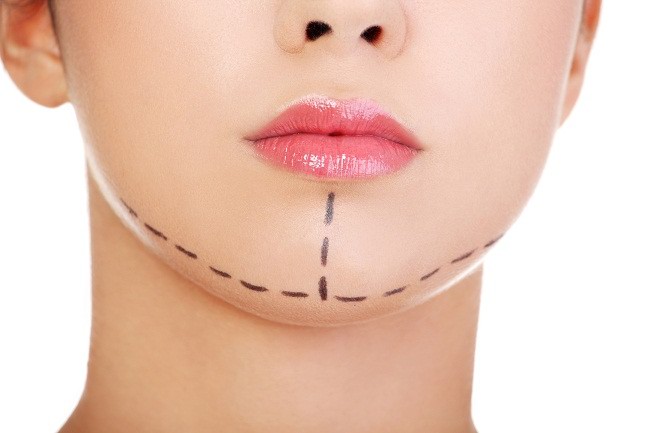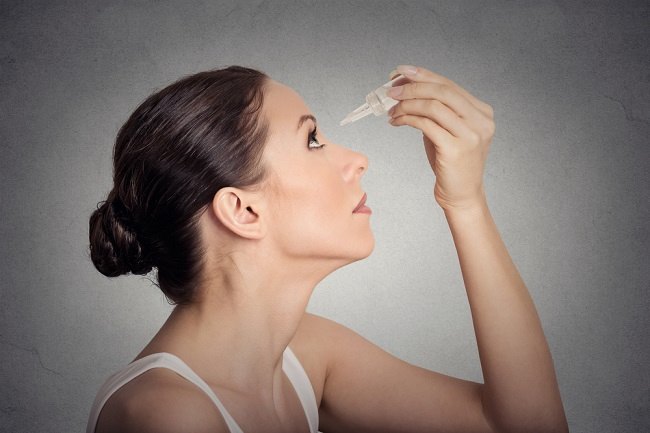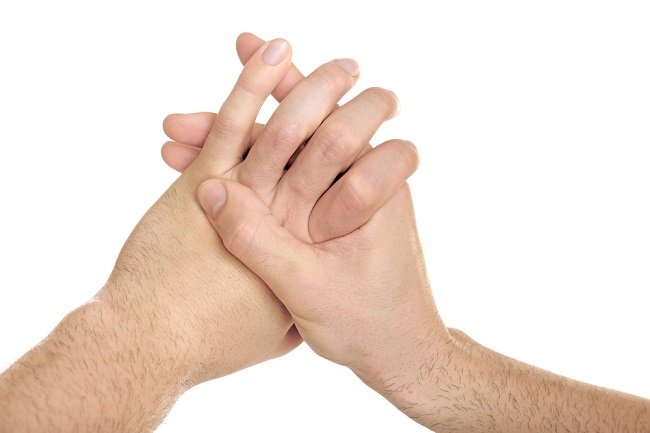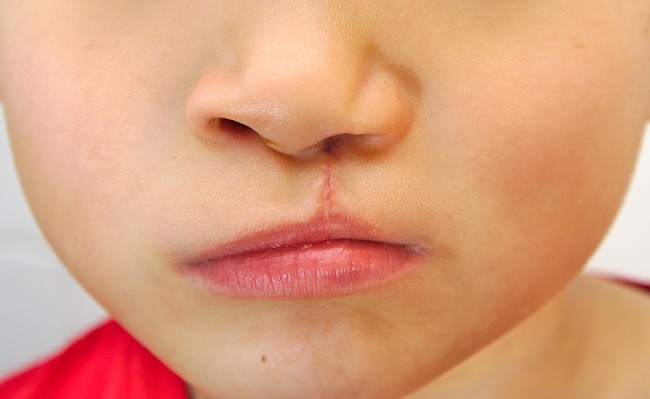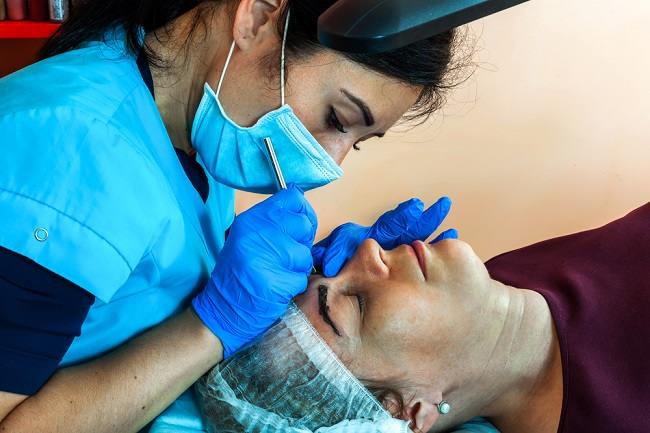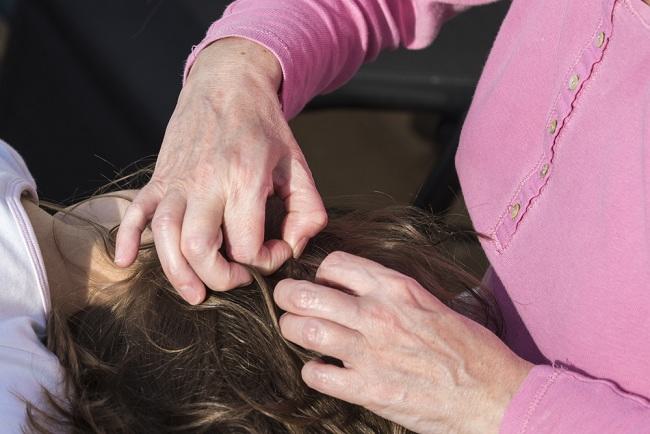Covid-somnia is a term to describe the condition of insomnia experienced by a person during the COVID-19 pandemic. This condition can be affected by lifestyle changes and increased stress. If left unchecked, Covid-somnia can certainly have a negative impact on body health.
The COVID-19 pandemic has an indirect impact on various aspects of human life. Working from home, losing a job, economic difficulties, difficulty interacting directly, to the increasing frequency of using a smartphone can trigger prolonged stress that affects a person's sleep cycle.

The condition of insomnia that emerged after the arrival of this pandemic is also known as covid-somnia or coronasomnia. This covid-somnia phenomenon can happen to anyone, be it COVID-19 sufferers and survivors and other individuals affected by the COVID-19 pandemic.
Therefore, it is important to know the causes and ways to deal with covid-somnia so that sleep remains quality and does not interfere with daily activities.
Some Causes of Covid-somnia
There are several factors that are thought to trigger a person to experience Covid-somnia, namely:
1. Anxiety and worry
The COVID-19 pandemic makes many people anxious and afraid of contracting the Corona virus, especially if you have family members who are included in high-risk groups.
In addition, economic problems and uncertain jobs during this pandemic can also cause anxiety and worry. This anxiety and worry seem to alternate and force the brain to keep thinking, thus causing difficulty sleeping or covid-somnia.
2. Depression and isolation
Depression is one of the conditions that often occurs during a pandemic. This is further exacerbated by the limited movement and interaction with relatives and even family, so that not a few people feel lonely.
A study showed that cases of depression increased threefold during the pandemic and resulted in reduced sleep and increased consumption of alcoholic beverages.
3. Changes in daily activities
Working at home sometimes makes it difficult for you to divide your time between work and rest. This is what makes your sleep hours can be reduced so that it triggers covid-somnia.
In addition, being in the house all day also makes you less get natural sunlight. In fact, sunlight can affect the circadian rhythm or human sleep and wake hours.
4. Using the device for too long
During the pandemic, the use of smartphones is known to increase. Moreover, many work and study activities are carried out at home, thus making many people depend on their activities through electronic devices.
Looking at your screen for long periods of time, especially at night, can cause difficulty falling asleep. This is because blue light from screens can stop the production of melatonin, the body's hormone that helps you fall asleep.
In addition, stress during the COVID-19 pandemic makes it easier for a person to experience nightmares, because the mind will only focus on things that are not expected. This nightmare disorder finally wakes you from sleep and makes it difficult to fall back asleep.
How to Overcome Covid-somnia
Sleep can affect a person's physical, mental, and emotional. Therefore, adequate sleep can increase endurance, brain function, and mood, as well as maintain mental health.
In order to get enough sleep, you can try the following ways to deal with covid-somnia:
- Set a daily activity schedule to support consistent bedtime and wake-up times.
- Do a relaxing activity before bed, such as taking a warm bath, listening to soft music, or reading a book.
- Turn off all electronic devices 1 hour before bedtime.
- Avoid watching or reading news that can trigger anxiety before going to bed.
- Create a comfortable atmosphere in the room before going to bed.
- Try to always bask in the sun every day.
- Avoid consuming caffeinated and alcoholic beverages before bed.
In addition to the several ways to deal with covid-somnia above, you also have to live a healthy lifestyle by eating balanced nutritious foods and exercising regularly. Even though you are at home, you can still do sports, such as yoga, pilates, or zumba independently on line.
Sleep disturbances occur a lot during the COVID-19 pandemic and cannot be left alone, because they can have an impact on physical and mental health. Therefore, immediately consult a psychologist or psychiatrist if you experience covid-somnia so that it can be treated immediately.
You can also use the service chat with a doctor in the ALODOKTER application for a faster and easier health consultation.
